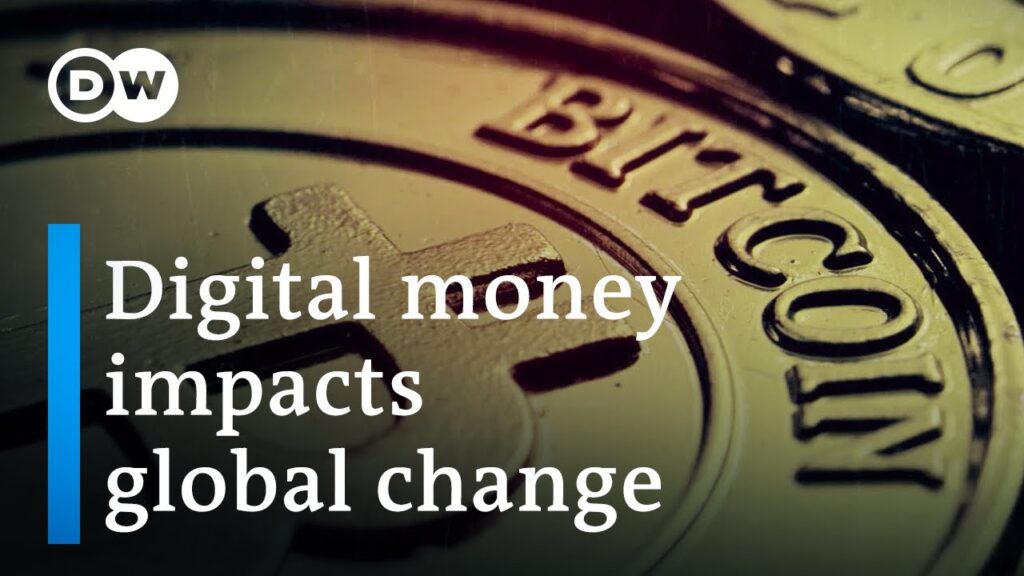
Cryptocurrencies have come a long way since Bitcoin’s inception in 2009. As we look ahead, the future of cryptocurrencies is filled with exciting possibilities and transformative potential. This article delves into the key trends, challenges, and predictions that could shape the crypto landscape in the years to come.
The Growing Role of Cryptocurrencies in the Global Economy
Cryptocurrencies are transitioning from speculative assets to integral components of the global financial system. Key drivers of this transition include:
- Mainstream Adoption:
- Businesses are increasingly accepting cryptocurrencies as payment.
- Major financial institutions are integrating crypto into their services.
- Decentralized Finance (DeFi) Expansion:
- DeFi platforms are offering innovative financial solutions, from lending to insurance.
- The rise of decentralized autonomous organizations (DAOs) is reshaping governance models.
- Cross-Border Payments:
- Cryptocurrencies are streamlining international transactions, reducing fees and processing times.
Key Trends Shaping the Future of Cryptocurrencies
- Central Bank Digital Currencies (CBDCs):
- Governments worldwide are developing CBDCs to complement or compete with decentralized cryptocurrencies.
- CBDCs could enhance financial inclusion while introducing new regulatory frameworks.
- Integration with Traditional Finance:
- Hybrid financial systems combining fiat and crypto assets are emerging.
- Crypto-backed loans and savings accounts are gaining popularity.
- Energy Efficiency and Sustainability:
- The shift to energy-efficient consensus mechanisms, such as Proof of Stake (PoS), is reducing environmental impact.
- Green blockchain initiatives are addressing sustainability concerns.
- Tokenization of Assets:
- Real-world assets like real estate, art, and commodities are being tokenized for fractional ownership and trading.
- Tokenization enhances liquidity and democratizes access to high-value assets.
- Enhanced Security and Privacy:
- Advances in cryptographic technologies, such as zero-knowledge proofs, are enhancing user privacy.
- Decentralized identity solutions are improving data security.
Challenges Ahead for Cryptocurrencies
- Regulatory Uncertainty:
- Governments are grappling with how to regulate cryptocurrencies without stifling innovation.
- Taxation and anti-money laundering (AML) compliance remain contentious issues.
- Market Volatility:
- Price fluctuations deter some investors and businesses from adopting cryptocurrencies.
- Stablecoins are emerging as a solution to volatility but face their own set of challenges.
- Security Risks:
- Hacking and fraud continue to pose threats to crypto users and platforms.
- Strengthening cybersecurity measures is crucial for long-term trust.
- Scalability Issues:
- High transaction fees and slow processing times hinder mass adoption.
- Layer-2 solutions and blockchain interoperability are addressing these limitations.
Predictions for the Future of Cryptocurrencies
- Mass Adoption of Blockchain Technology:
- Blockchain applications will extend beyond finance, impacting healthcare, supply chain management, and more.
- Governments and corporations will increasingly adopt blockchain for transparency and efficiency.
- Growth of Decentralized Applications (dApps):
- dApps will revolutionize industries by offering decentralized alternatives to traditional services.
- Gaming, social media, and e-commerce are poised to benefit significantly.
- Rise of Interoperable Blockchains:
- Cross-chain solutions will enable seamless interaction between different blockchain networks.
- Interoperability will foster collaboration and innovation in the crypto ecosystem.
- Advancements in Cryptographic Technologies:
- Quantum-resistant algorithms will safeguard the future of blockchain security.
- Privacy-focused cryptocurrencies will gain traction as users demand greater control over their data.
- Institutional Investment Growth:
- Institutional investors will continue to allocate resources to cryptocurrencies, stabilizing the market.
- The development of regulated crypto ETFs and mutual funds will attract traditional investors.
The Impact of Cryptocurrencies on Society
- Financial Inclusion:
- Cryptocurrencies provide access to financial services for unbanked populations worldwide.
- Peer-to-peer transactions eliminate the need for intermediaries.
- Economic Empowerment:
- Decentralized finance empowers individuals to manage and grow their wealth independently.
- Token economies enable creators and communities to monetize their work and ideas.
- Redefining Ownership:
- Blockchain technology ensures verifiable ownership of digital and physical assets.
- NFTs and tokenized assets are creating new opportunities for creators and investors.
Preparing for a Crypto-Driven Future
- Education and Awareness:
- Understanding the fundamentals of blockchain and cryptocurrencies is essential for adoption.
- Educational initiatives will help individuals and businesses navigate the evolving crypto landscape.
- Building Robust Infrastructure:
- Scalable and secure blockchain networks are vital for mainstream adoption.
- Governments and private entities must collaborate to develop supportive ecosystems.
- Promoting Ethical Practices:
- Transparency and accountability are key to fostering trust in the crypto industry.
- Addressing environmental and social concerns will enhance cryptocurrencies’ reputation.
The future of cryptocurrencies is bright, with immense potential to transform economies, industries, and societies. As blockchain technology matures and adoption accelerates, cryptocurrencies will play a pivotal role in shaping a more decentralized and inclusive world. By addressing challenges and embracing innovation, the crypto ecosystem can unlock unprecedented opportunities for growth and prosperity.
